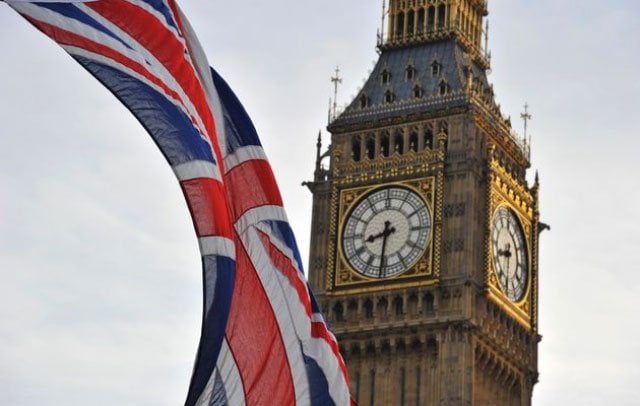India and Indians on a daily basis are targeted and mocked by the racist, White Superemacists for being a third-world country which has not seen the same amount of infrastructural development as Western Nations. But what they often forget mentioning is the underlying reason behind this. At the latest, a new report by Oxfam International titled Takers, Not Makers has shed light on the staggering wealth lotted from India by Britain during the colonial period. According to the report, Britain extracted $64.82 trillion from India between 1765 and 1900, with over half of this wealth $33.8 trillion, adjusted for today’s value enriching the UK’s wealthiest 10%. The report was released at the World Economic Forum’s annual meeting in Davos, where Oxfam highlighted the ongoing impact of colonialism on global inequality.
Oxfam’s research underscores the systemic extraction of wealth from the Global South to the Global North, which benefited an elite few, primarily in Britain. “Legacies of inequality and pathologies of plunder, pioneered during the time of historical colonialism, continue to shape modern lives,” the report stated. The wealth extraction from India was so vast that Oxfam claims it could cover London’s surface area with £50 notes nearly four times over.
The report also emphasized how colonial policies, such as Britain’s protectionist measures against Asian textiles, severely impacted India’s industrial growth. India’s share of global industrial output plummeted from 25% in 1750 to just 2% by 1900. These policies, along with other colonial practices, suppressed India’s economic development and helped fuel Britain’s rise as a global industrial power.
Oxfam Report further connects modern multinational corporations to colonial-era exploitation, tracing their roots to entities like the British East India Company. These companies, often backed by wealthy shareholders, used private armies to maintain control over colonies and suppress resistance, with the East India Company alone fielding an army of 260,000 soldiers. The report also noted that the exploitation of the Global South persists today, with wages 87–95% lower than equivalent work in the Global North.
In addition, the report addressed the ongoing inequities exacerbated by colonialism, such as deep societal divisions based on caste, religion, and language in India. It also pointed to the Bengal famine of 1943, where grain import restrictions during World War II, rooted in racist policies, caused millions of deaths.
Oxfam Report concluded that colonialism’s legacy continues to shape global inequality today, perpetuated by global institutions like the WTO and the World Bank. The Oxfam report argues that the extraction and exploitation rooted in colonial practices still influence modern economic and social systems.
